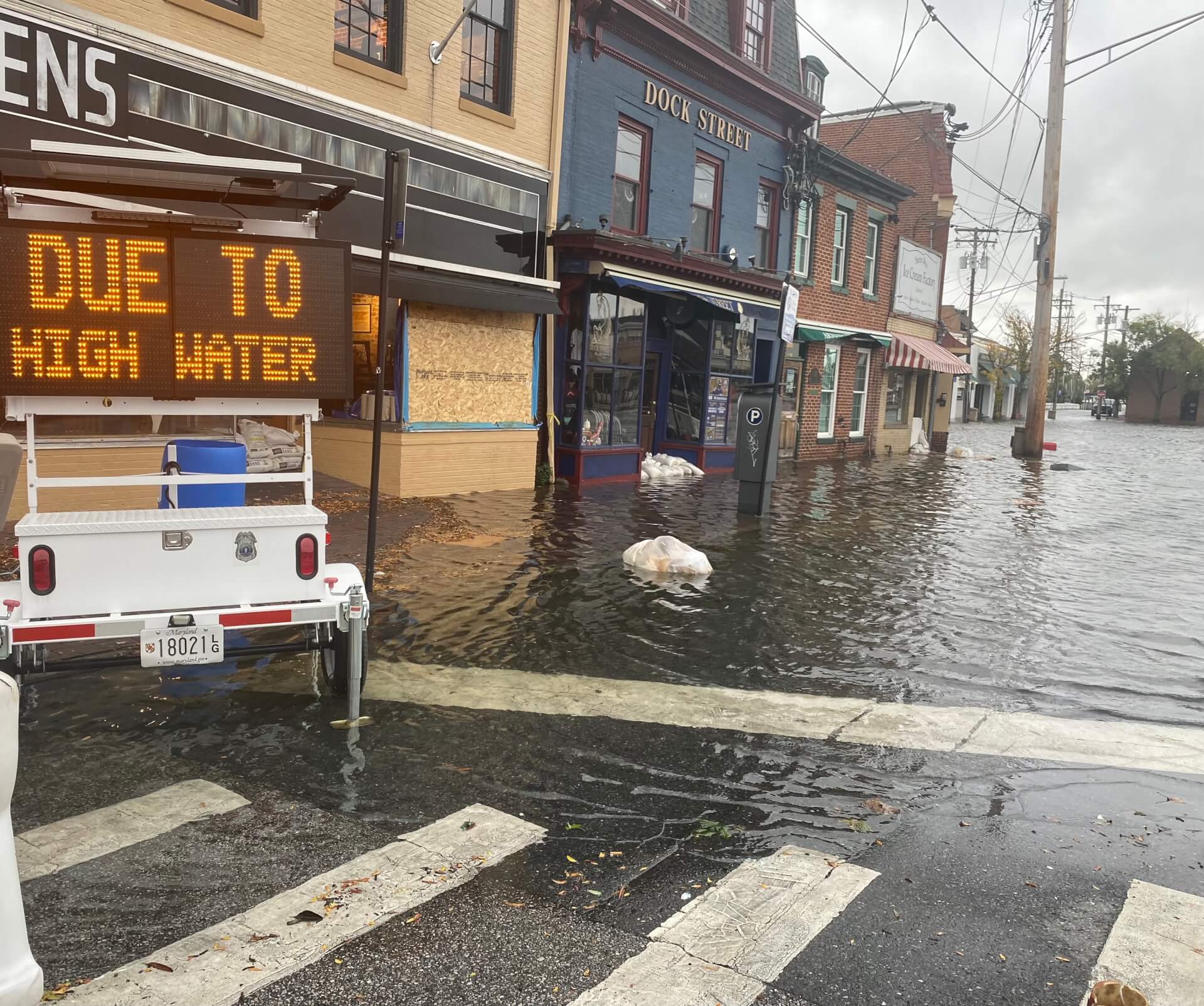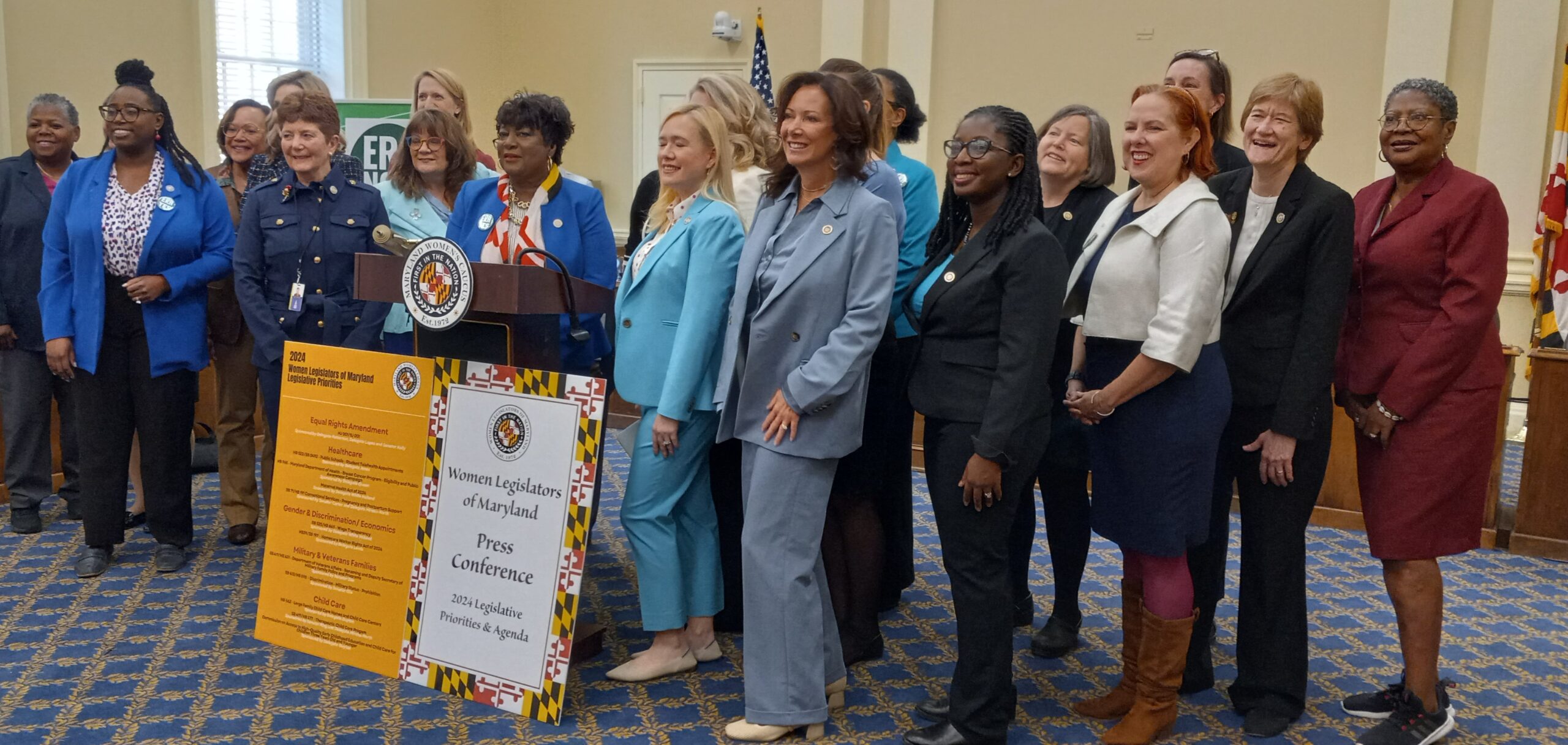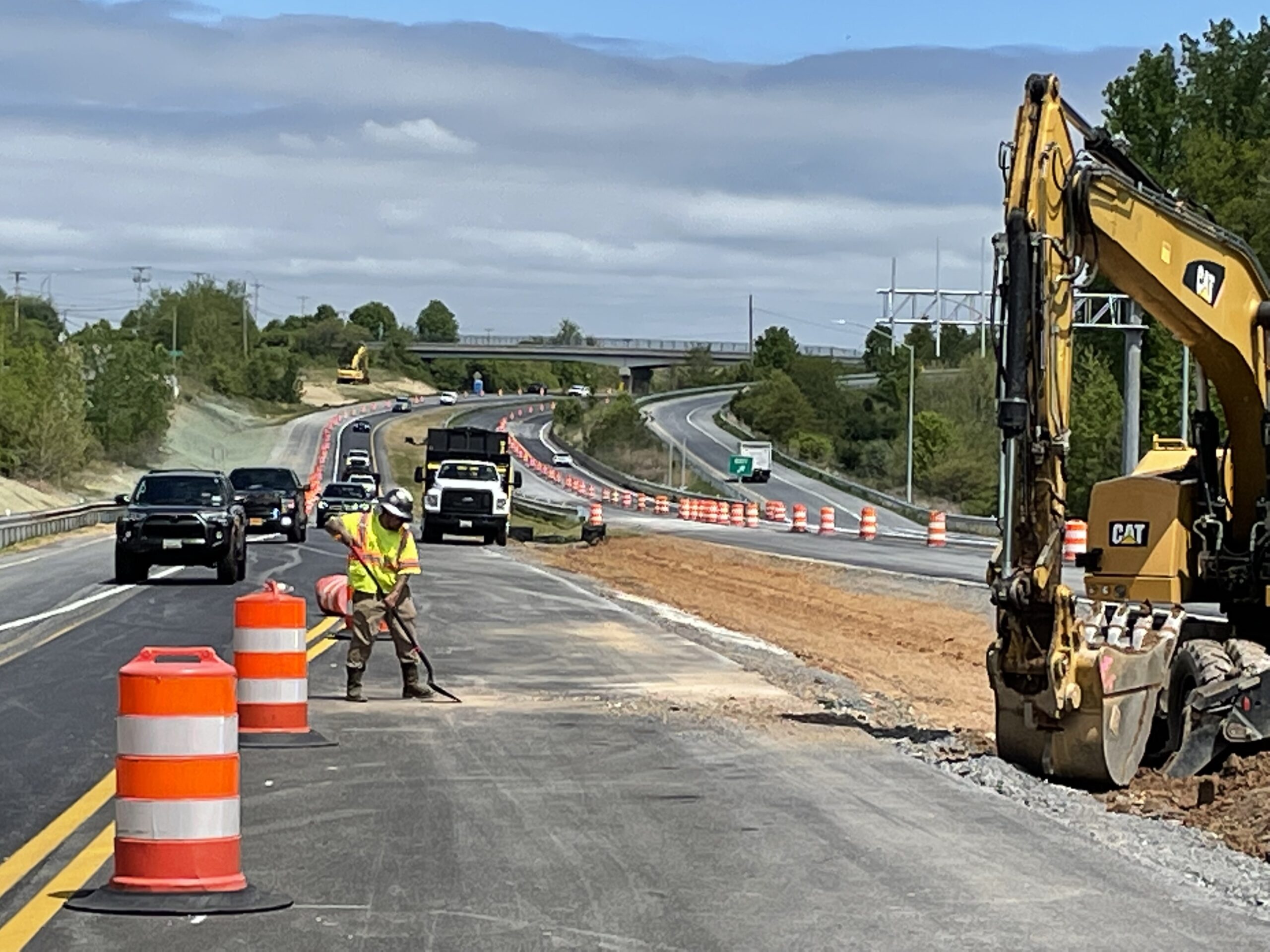Del. Robbyn Lewis: Maryland Needs to Act Boldly on Climate Change

By Robbyn Lewis
The writer, a Democrat, represents Baltimore City’s District 46 in the House of Delegates.
Anyone paying attention to climate news, domestic politics, or international relations is well aware of the United Nations Climate Change Conference (COP26) underway in Scotland this week. Intertwined in the announcements of emissions reduction commitments or reforestation promises is news about the ever-changing Build Back Better framework.
While global leaders meet in Glasgow, here at home the stakes for negotiations on the Build Back Better framework are high. Ambitious climate provisions in the framework demand significant investment, and yet, willingness to pay for them weakens daily. It’s clear that both internationally and on the federal level, leaders understand the urgency, but have not yet mustered the necessary political will.

Del. Robbyn Lewis (D-Baltimore City).
Given the tentative willingness to pay for climate mitigation, how can states step up to the plate? As a state legislator who has worked for decades at the nexus of international health and environmental stewardship, I believe that states have an essential role in pressing federal and international leaders to mitigate climate change. They also have a responsibility to pass state-level climate policy.
For the last two legislative sessions, the Maryland General Assembly failed to pass legislation to increase our emissions reduction goals, outlined in the Greenhouse Gas Reduction Act (GGRA) of 2016. The Intergovernmental Panel on Climate Change (IPCC) report released in August 2021 combined with statements issued at COP26 makes it clear that we are running out of time. Every year that we fail to reduce emissions condemns our world to one more year of warming.
But we are not all equally affected by this failure. Nations of the global south are already suffering. Thirty years ago, when I served as a Peace Corps volunteer in the West African nation of Niger, the farmers in my rural village lamented the advancement of the Sahara desert and its devastating impact on their livelihood. Today, I read about the everyday impacts of the climate crisis in this exact area, and my heart breaks. Climate change-induced droughts, famine, and displacement bring additional uncertainty to a region that is very dependent on agriculture.
I can’t help but think about how our failure to act immiserates our fellow human beings. The small good I might have done as a volunteer is overshadowed by the great harm caused by our country’s arrogance.
Since my Peace Corps service, I have worked to link health, sustainability, and human rights as a community leader, public health professional, and now, as a state delegate in the Maryland General Assembly. That’s why I’m speaking up to press for Maryland’s leadership to pass climate policy that matches the scale of the problem in 2022.
Maryland has made commitments to renewable energy generation and has a commission dedicated to climate change; we are clearly capable of taking on this crisis. What’s more, we have the expertise and will to do so in the progressive wing of the General Assembly. We believe in science and the science says we need to act boldly and act now.
Just before I took office, the Paris Agreement on Climate Change was ratified with a goal of pursuing emission reductions sufficient to limit global temperature increase to 1.5 degrees Celsius. In 2018, the world’s top scientific experts convened by the Intergovernmental Panel on Climate Change, or IPCC, concluded that this would require reducing these emissions to a net-zero by mid-century. To have any chance of reaching that goal, the world must cut total emissions in half — below 2005 levels — by 2030. In particular, wealthy nations like the United States must reduce emissions by 60% by 2030.
It is clear that Maryland’s current GGRA goal of cutting emissions by 40% by 2030 is not ambitious enough. We must commit to a 60% reduction and net-zero by 2045. With our strong track record for renewable energy, this means we need to focus on the next top emitters — transportation and buildings.
I’ve spent my time as a state legislator “thinking globally and acting locally.” Now, I’m urging my colleagues, particularly leadership, in the Maryland General Assembly to do the same and act aggressively on climate in 2022.




 Creative Commons Attribution
Creative Commons Attribution